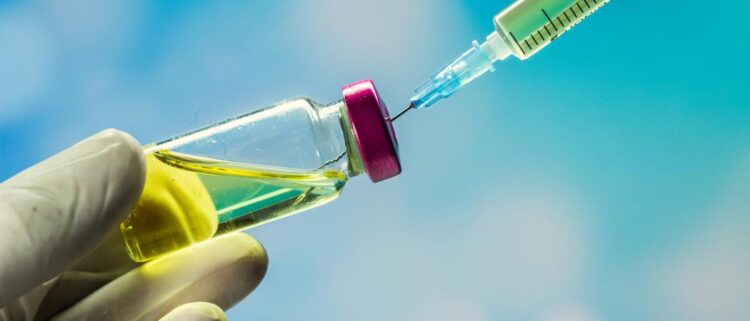By James Simons-
The founder of the German company behind the first vaccine to receive authorized in Europe said on Monday he was confident that his jab would also work against the new mutation of the virus that was detected in the UK.
CEO Ugur Sahin said Tuesday. Sahin said his team would need around two weeks to test its vaccine on the new viral variant. “The likelihood that our vaccine works . is relatively high,” he told a news conference.
Germany is to receive its first batch of 151,000 doses next Saturday. Health Minister Jens Spahn said at least 670,000 doses would be distributed per week from January.
The proteins on the mutated form of the virus were 99% the same as the prevailing strains, Sahin said.
Sahin said his team would need around two weeks to test its vaccine on the new viral variant. “The likelihood that our vaccine works … is relatively high,” he told a news conference.
“We have already tested the vaccine against around 20 other viral variants with different mutations,” BioNTech boss Uğur Şahin said.
“The immune response elicited by our vaccine has always inactivated all forms of the virus,” he added.
The new variant, known as the VUI-202012/01 variant, first detected in September, has been spreading quietly for a number of months and may have spread into Europe, according to reports.
Patrick Vallance, scientific advisor to the British government, said the new strain is spreading rapidly and is becoming the dominant strain of the virus in the south of England. By December, he said, it was already responsible for more than 60 per cent of infections in London.
The German man’s company is in the process of beginning testing to assess the effectiveness of its vaccine, which was developed in cooperation with US company Pfizer.
“We have to test this experimentally now. That will take about two weeks. But we are confident that it will not significantly affect the mechanism of action,” he said.
The antigen used by the Mainz-based company and its US partner Pfizer for the vaccine consists of more than 1270 amino acids. Of these, nine have mutated in the new variant, or not even one percent, Sahin said.
“Our vaccine sees the whole protein and causes multiple immune responses. This gives us so many docking sites that the virus has a hard time escaping. But that doesn’t mean the new variant is harmless.”
He also said that the vaccine, which is based on the messenger molecule mRNA, can in principle be quickly adapted to new variants.




